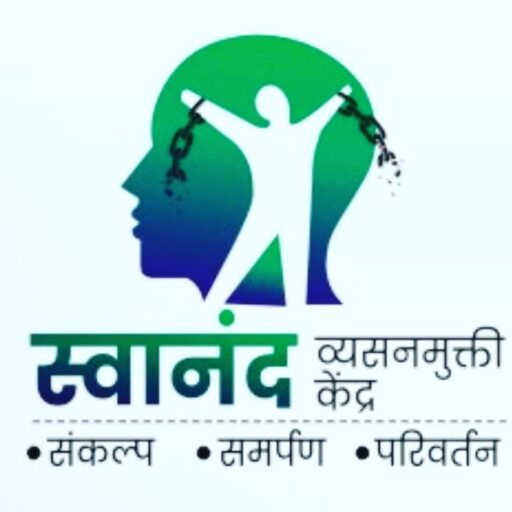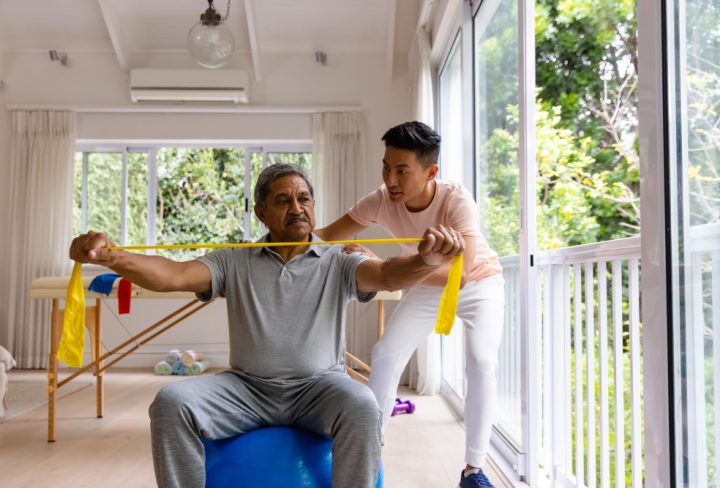What is Stroke Rehabilitation?
Stroke rehabilitation is a set of treatments that help people recover after a stroke. After a stroke, many people have trouble moving, speaking, or doing daily tasks. Because of this, stroke rehabilitation focuses on improving these skills. Early rehab can help you regain strength and independence. Most programs include physical therapy, occupational therapy, and speech therapy. According to the World Health Organization (WHO), starting rehab soon after a stroke can lead to better recovery.
Common Symptoms After Stroke
After a stroke, people may notice many changes in their bodies and minds. For example, some common symptoms include:
However, symptoms can vary from person to person. Because of this, each stroke rehabilitation plan is unique.
Causes and Risk Factors
Strokes happen when blood flow to the brain is blocked or a blood vessel bursts. As a result, brain cells do not get enough oxygen. Some common risk factors include:
Because these risks can be managed, making healthy choices may help prevent strokes.
Diagnosis and Assessment
Doctors use several tests to diagnose a stroke and plan stroke rehabilitation. For instance, they may use brain scans like CT or MRI to see where the stroke happened. In addition, doctors check your movement, speech, and memory. These tests help create a rehab plan that fits your needs. Early assessment is important for the best recovery.
Treatment Approaches in Stroke Rehabilitation
Stroke rehabilitation uses many methods to help you recover. Some common approaches include:
Because everyone recovers differently, your rehab team will adjust your plan as you improve. Regular sessions can help with improving mobility after stroke.
Lifestyle Tips and Home Care
Even at home, you can support your stroke rehabilitation. For example, try these tips:
Because small changes can make a big difference, ask your rehab team for more home care ideas.
Prevention and Recovery Tips
After a stroke, you can take steps to prevent another one and support your recovery. For instance:
Because recovery takes time, be patient with yourself and celebrate small wins.
When to Consult a Specialist
If you notice new symptoms or if you are not making progress, it is important to talk to your doctor. For example, sudden weakness, trouble speaking, or severe headaches need quick medical help. In addition, if you feel sad or lose interest in activities, let your rehab team know. Early support can make a big difference in your stroke rehabilitation journey.
For the best results, consult a rehabilitation specialist for personalized stroke recovery guidance.

